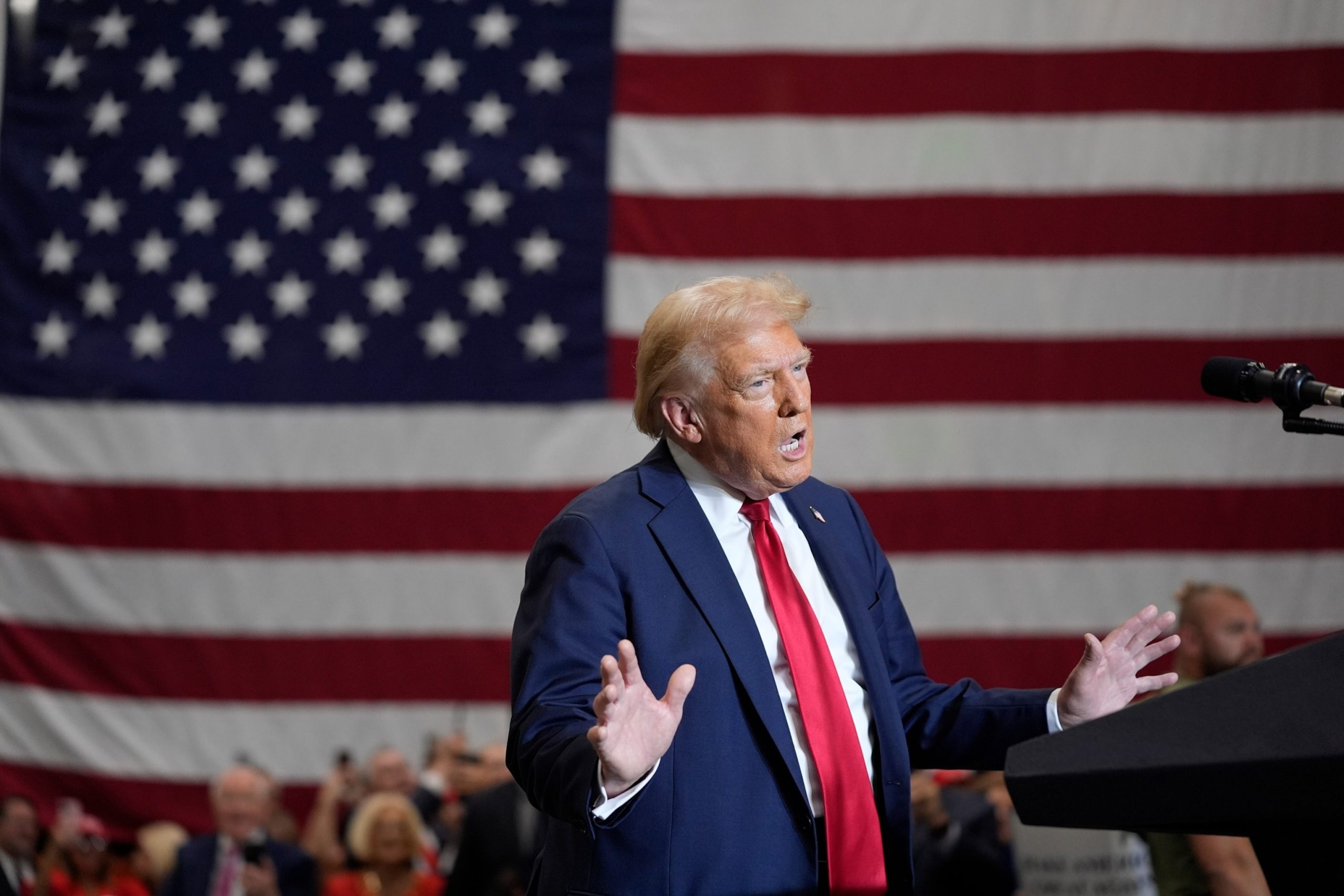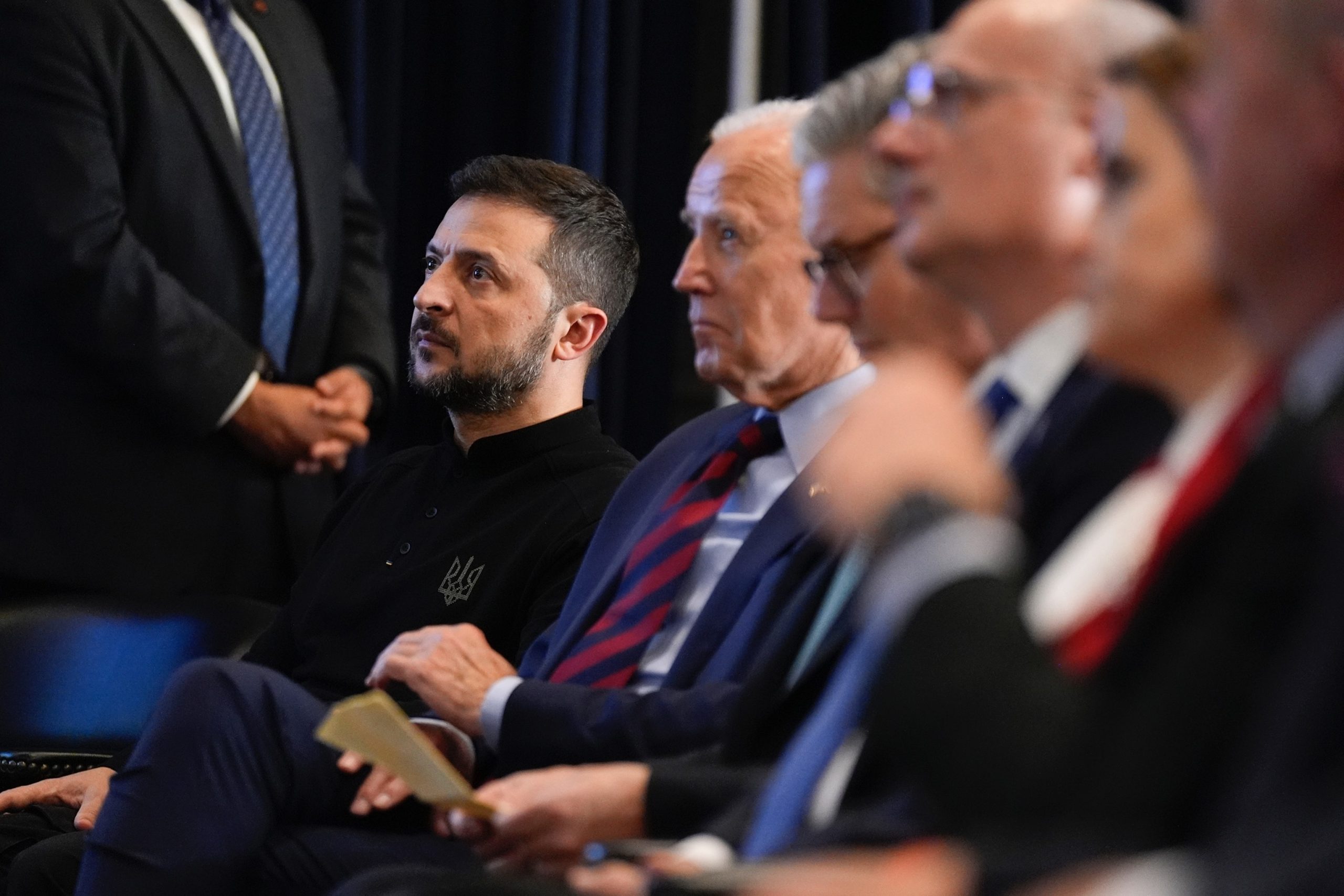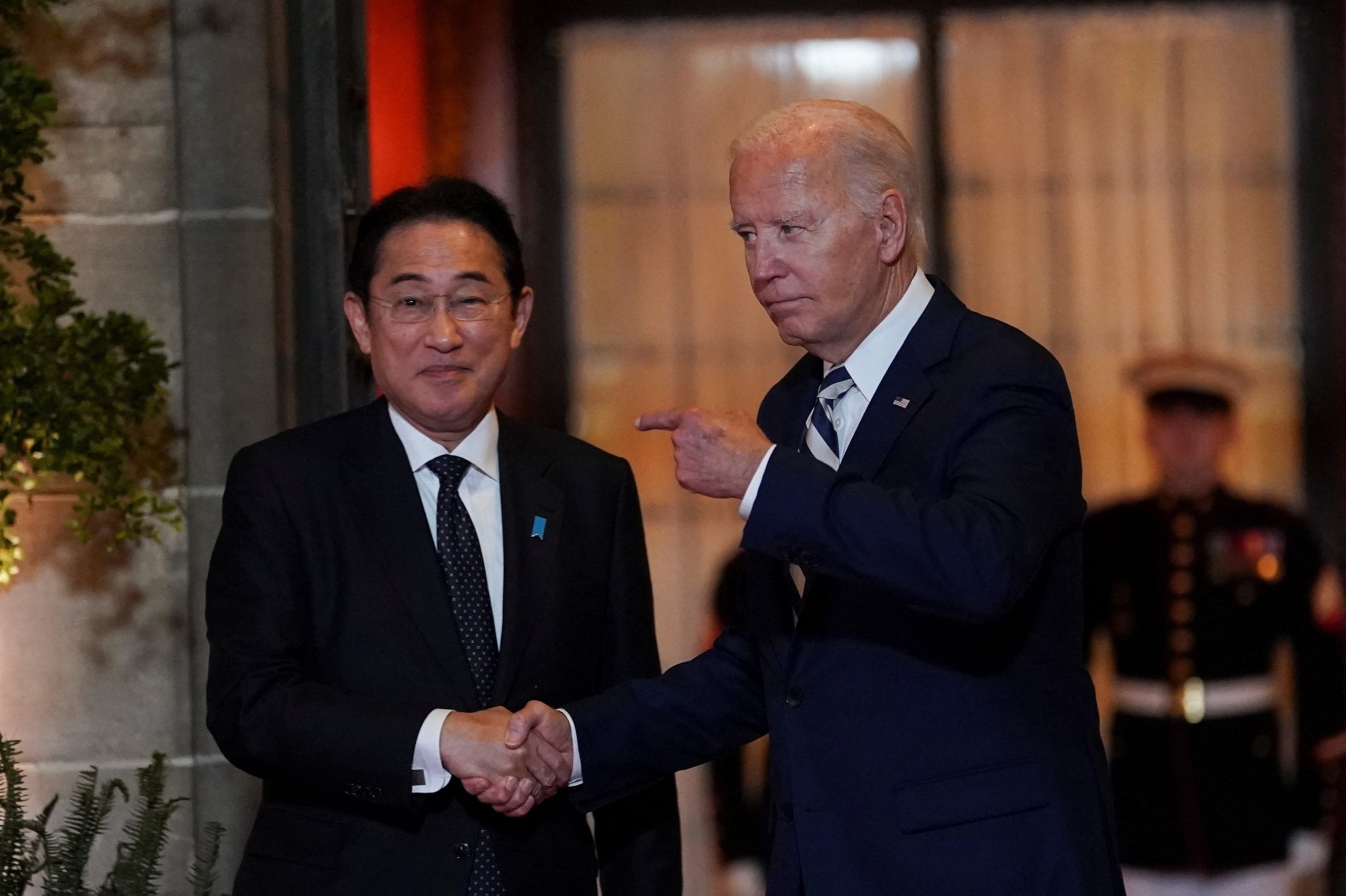Former President Donald Trump didn’t mince words Wednesday at a rally in North Carolina following more reports from security officials that Iran has been plotting to assassinate him.
The Office of the Director of National Intelligence met with Trump and his campaign Tuesday, according to a spokesman for DNI. While the agency declined to discuss specifics about the meeting, the former president’s campaign said the meeting involved “real and specific threats from Iran to assassinate him in an effort to destabilize and sow chaos in the United States.”
During his rally in Mint Hill, North Carolina, Trump echoed that statement and sent a stark warning to the country.
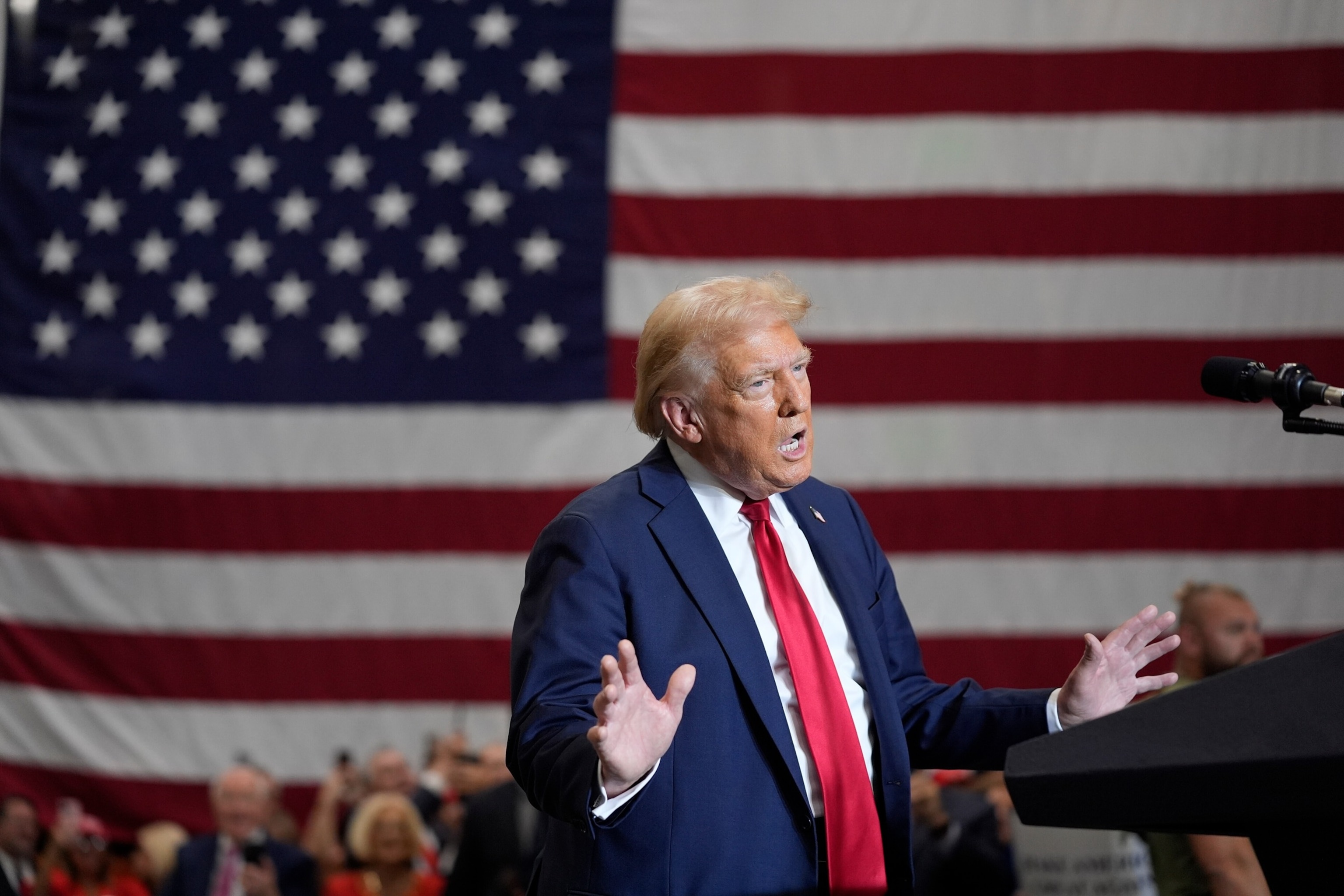
Republican presidential nominee former President Donald Trump speaks during a campaign event, Sept. 25, 2024, in Mint Hill, N.C.
Evan Vucci/AP
“If I were the president, I would inform the threatening country, in this case, Iran, that if you do anything to harm this person, we are going to blow your largest cities and the country itself to smithereens. We’re going to blow it to smithereens,” the former president said to cheers. “There would be no more threats.”
Trump blamed the Biden administration for the escalating threats.
“We don’t have that leadership or the necessary people,” he said Wednesday.
The FBI is still investigating the assassination attempt in July during a rally in Butler, Pennsylvania, where one person was killed, and the apparent assassination attempt that took place earlier this month at the Trump International Golf Club in Florida.
Investigators do not have a motive in either of the cases.
Before the Butler shooting, the Secret Service increased Trump’s security due to intelligence indicating there was an Iranian threat to assassinate the former president, sources told ABC News.
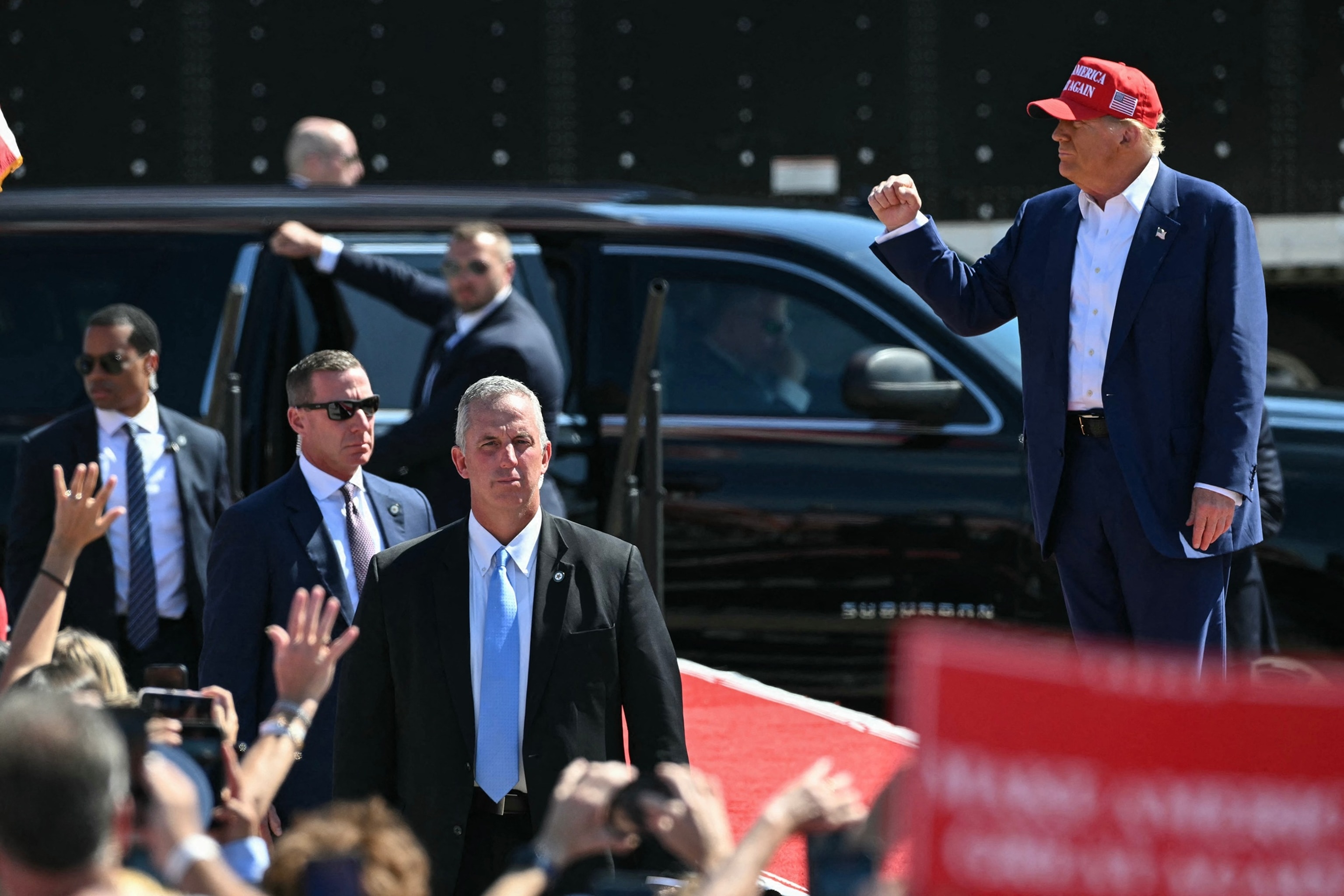
Members of the US Secret Service look on as former President and Republican presidential candidate Donald Trump arrives to speak during a campaign rally at the Aero Center in Wilmington, N.C., Sept. 21, 2024.
Jim Watson/AFP via Getty Images
Counter snipers were assigned to the Butler rally because of the increased threats from a foreign threat prior to the event, according to a report released by the Senate Homeland Security and Governmental Affairs Committee.
Trump tried to connect the two assassination attempts to foreign connections without any evidence during his rally Wednesday.
“There have been two assassination attempts on my life that we know of, and they may or may not involve…Iran. But I don’t really know,” he said.
However, there is no indication that Iran was connected to the suspected shooter in the Butler incident, officials said.
Intelligence officials are briefing senators about foreign threats in general later Wednesday.
Iran and Trump have had a long, contentious history, especially after the January 2020 strike ordered by the former president that killed Iranian Gen. Qassem Soleimani, the leader of the Islamic Revolutionary Guard Corps-Quds Force.
In the aftermath of Soleimani’s killing, Iranian officials vowed they would eventually exact revenge.
Iranian Foreign Minister Hossein Amir-Abdollahian reiterated his country’s hatred toward Trump and the U.S. government during an interview in January with ABC News Chief Global Affairs Correspondent Martha Raddatz.
“That was a big, big mistake made by Trump. That is not something that we will be able to forget,” Amir-Abdollahian said, adding that Tehran still wanted to see “all the people involved” in the strike “brought to justice.”
“What does that mean?” Raddatz asked. “Does that mean killed?”
“Justice will rule on it,” he responded.
ABC News’ Cindy Smith contributed to this report.
Security officials have issued a warning about the growing threat of foreign adversaries targeting the United States, as President Donald Trump continues to criticize Iran and other countries for their actions. The recent tensions between the U.S. and Iran have raised concerns about the potential for retaliatory attacks or cyber warfare from foreign actors.
According to security experts, Iran has a history of engaging in cyber attacks against the U.S. and its allies. In recent years, Iranian hackers have targeted American businesses, government agencies, and critical infrastructure, seeking to disrupt operations and steal sensitive information. The escalating rhetoric between the two countries has only heightened fears of further cyber aggression from Iran.
In response to these threats, security officials are urging organizations and individuals to remain vigilant and take steps to protect themselves from potential attacks. This includes implementing strong cybersecurity measures, such as using secure passwords, keeping software up to date, and being cautious of suspicious emails or links.
Additionally, the U.S. government has been working to strengthen its defenses against foreign threats, including increasing funding for cybersecurity initiatives and improving information sharing between agencies. The Department of Homeland Security has also launched a campaign to raise awareness about the dangers of cyber attacks and provide resources for individuals and organizations to enhance their security.
Despite these efforts, security officials warn that the threat of foreign adversaries remains a significant concern. As tensions with Iran and other countries continue to escalate, it is crucial for individuals and organizations to remain vigilant and take proactive steps to protect themselves from potential attacks.
In conclusion, the increase in foreign threats, particularly from countries like Iran, highlights the importance of maintaining strong cybersecurity measures and staying informed about potential risks. By taking proactive steps to enhance security and being aware of the current geopolitical climate, individuals and organizations can better protect themselves from potential cyber attacks and other forms of foreign aggression.
